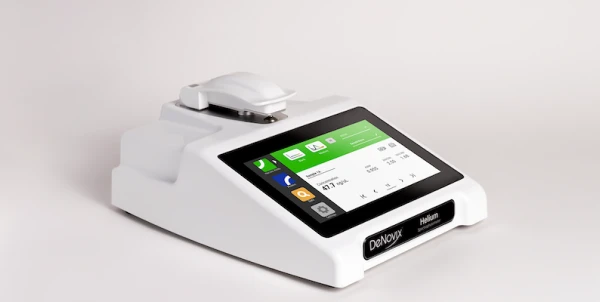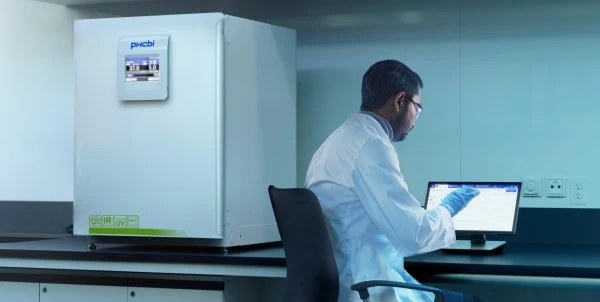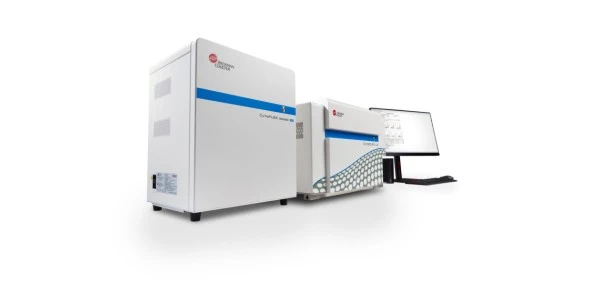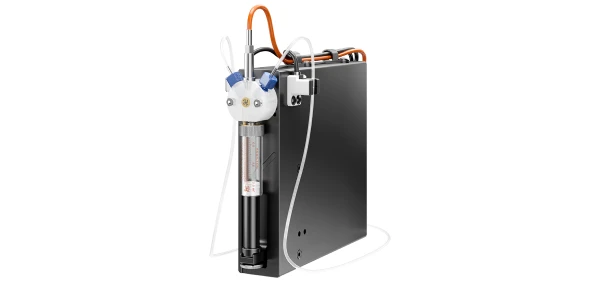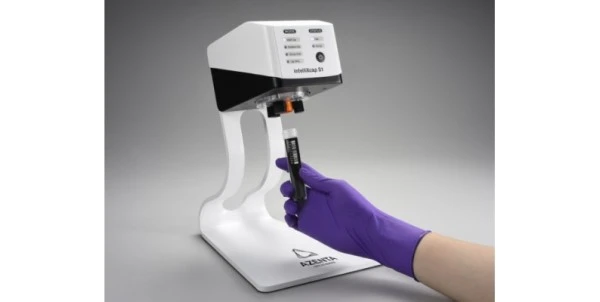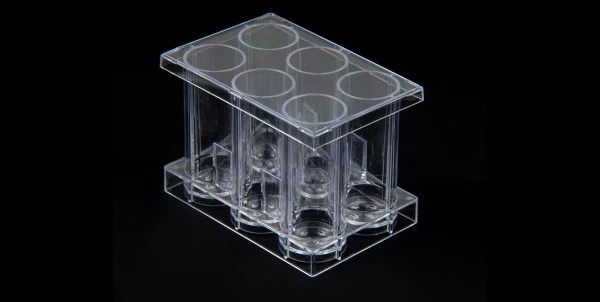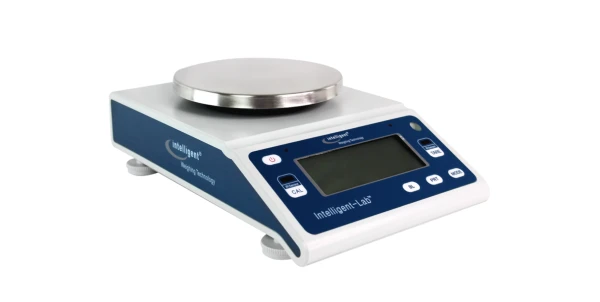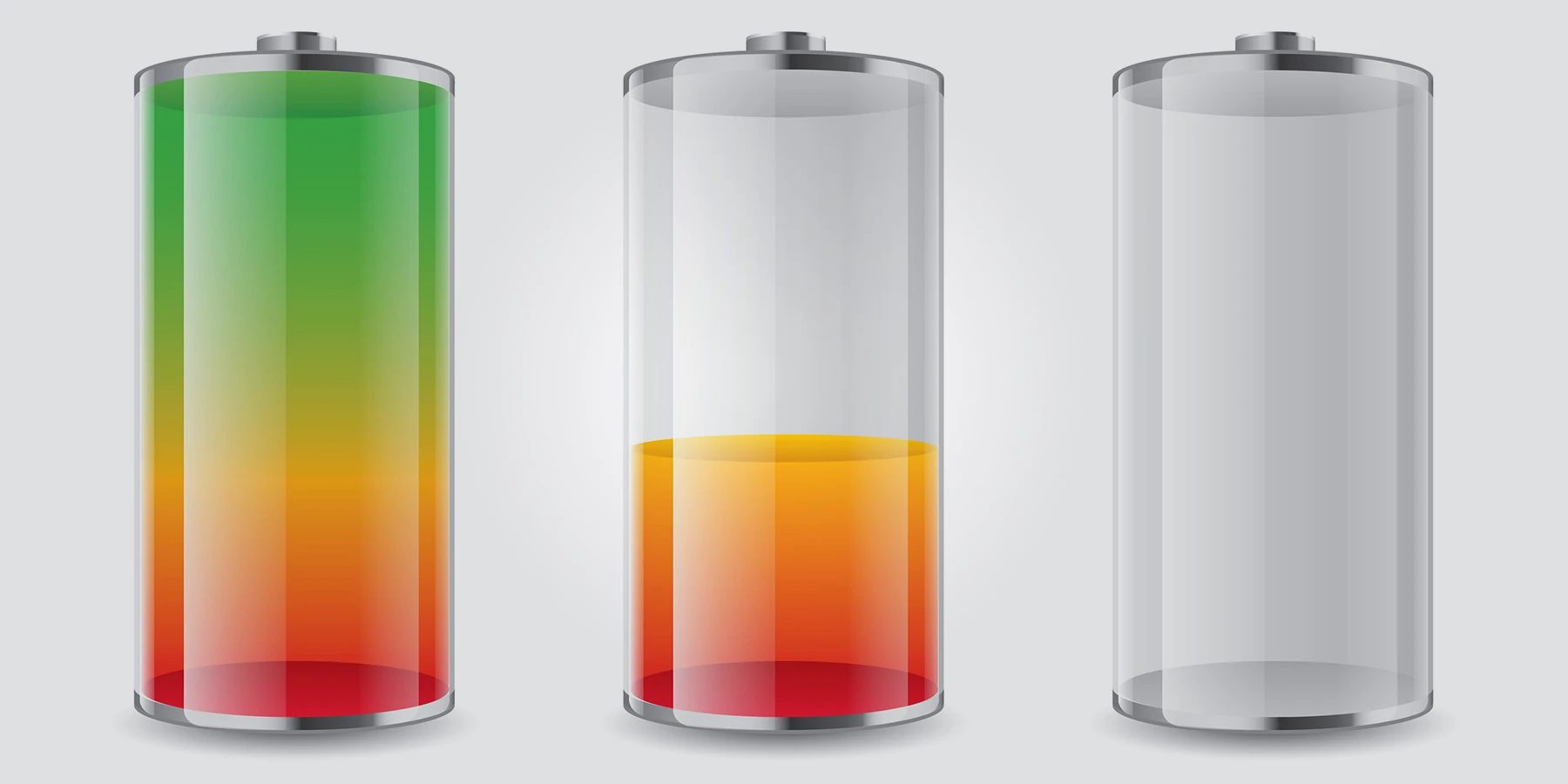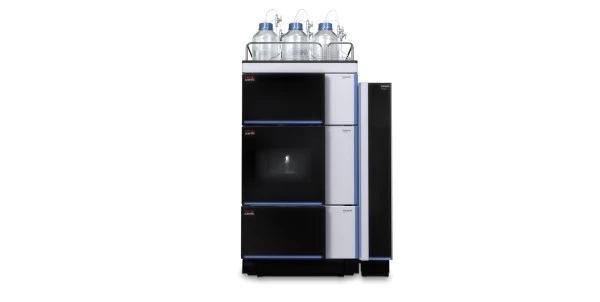Waters ZetaStar Instrument Boosts Speed and Sensitivity
New instrument combines three light scattering techniques into a single device—cutting measurement time by up to 10x
MILFORD,
MA —
Waters Corporation (NYSE:WAT)
introduces the DynaPro™ ZetaStar™ instrument from its Wyatt Technology™
portfolio for nanoparticle analysis. The new instrument
simultaneously enables dynamic and static light scattering and dynamic and
electrophoretic light scattering (DLS/SLS/ELS) measurements, all in
one device. By combining multiple light scattering techniques and automatically
assessing data quality and performing adaptive data capture, the ZetaStar
instrument delivers both increased sensitivity and faster measurements to aid
the precise development of complex biologics, using extremely low sample
volumes.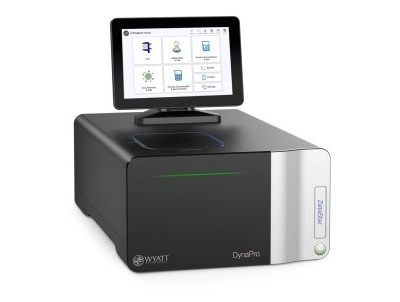
"The integration of Waters and Wyatt has reached an exciting milestone with the introduction of the ZetaStar instrument as the first new product from our combined companies," said Dr. Udit Batra, President and CEO, Waters Corporation. "Developing lipid nanoparticle-based therapies that are effective and safe hinges on light scattering technologies, like those that are built in to the ZetaStar instrument. It uniquely combines three light scattering measurement techniques into a single device to provide more data points that can give biologics developers higher confidence in drug efficacy and stability."
A unique flow cell design allows the ZetaStar instrument to be configured with an autosampler, significantly increasing laboratory efficiency and productivity with dozens of unattended measurements that can be run for several hours or even overnight. The instrument's ability to measure simultaneous DLS and ELS along with the adaptive data collection functionality, improves the speed of traditional ELS measurements by up to 10x.
The simple design of the ZetaStar instrument features a walk-up touchscreen interface that allows scientists to collect five critical parameters in a single workflow: size, polydispersity, particle concentration, zeta potential, and turbidity, thus allowing extremely low sample volumes (down to 2 µL). These parameters are essential for characterizing the size and charge (zeta potential) of particles and macromolecules in a solution.
The instrument implements a novel algorithm that removes potential user error and bias, leading to easier implementation and faster time to results. System uptime has also been improved with features that prevent the instrument from falling out of alignment, leading to a more efficient lab.
Designed to support the expanding needs of biopharma formulation and development laboratories, the ZetaStar instrument helps scientists working in gene therapy, vaccines, mRNA, and proteins develop more stable therapies. It can also benefit R&D laboratories in material science investigating the colloidal stability of novel molecules like quantum dots or other metal nanoparticles used in semiconductor applications.
